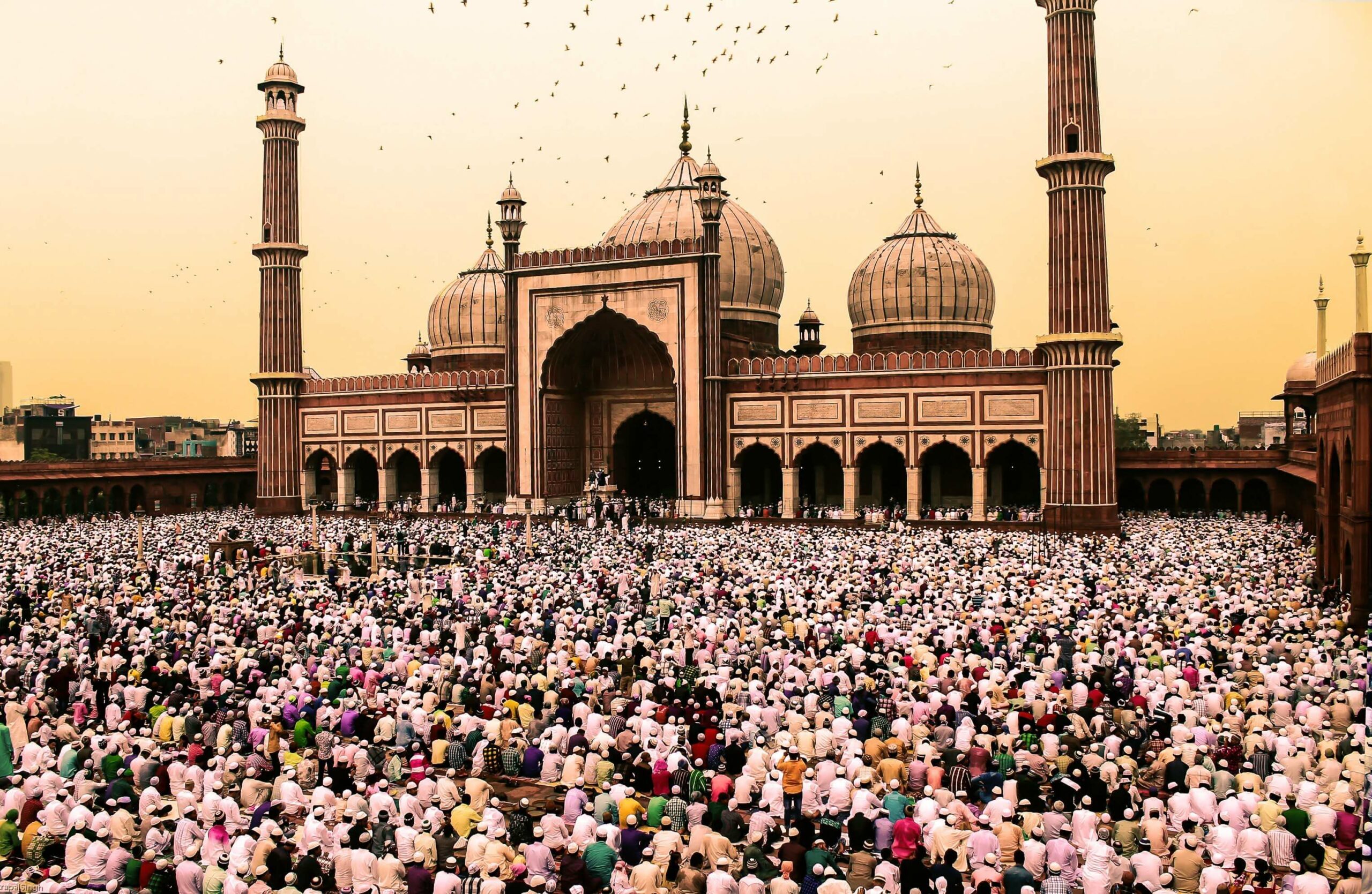Eid ul Adha has an important role in the Islamic calendar. The Festival of Sacrifice is a joyous occasion initiated with the Eid ul Adha prayers, which has great spiritual importance and symbolism. These prayers serve as a reminder that Prophet Abraham (Peace be Upon Him) was unwavering in his faith in Allah (SWT). This blog will further elaborate on how to perform Eid ul Adha prayers while providing a thorough understanding of its spiritual importance for Muslims worldwide.
Understanding the Spiritual Importance of Eid ul Adha
Eid ul Adha has immense spiritual importance in Islam, representing a time of obedience to Allah (SWT) and sacrifice. Eid ul Adha reminds Muslims regarding Prophet Abraham’s (Peace be Upon Him) willingness to sacrifice his beloved son in the way of Allah (SWT). Since Prophet Abraham (Peace be Upon Him) was so obedient, Allah (SWT) saved his beloved son at the last moment, replacing him with a lamb.
The story of Prophet Abraham (Peace be Upon Him) highlights the importance of having faith and trust in Allah (SWT). For this reason, Muslims observe Eid ul Adha as a reminder and because it is closely linked with Hajj, as both events occur around the same time. Hajj is one of the five pillars of Islam, and Eid ul Adha marks the end of the sacred journey, emphasizing spiritual devotion, humility, and unity.
Preparing for Prayers on Eid ul Adha
Preparing for prayers on Eid ul Adha involves preparing physically and spiritually. Physically, Muslims must ensure they are clean by performing ablution before the prayers. The ablution includes rituals like washing hands, face, feet, etc. The ablution process cleanses the body and prepares the individual for creating a stronger bond with Allah (SWT) while praying.
Apart from ablution, Muslims must engage in recommended acts of worship and supplication before the prayers to enhance their spiritual state. These acts include seeking forgiveness from Allah (SWT), expressing gratitude to Allah (SWT), reciting the Holy Quran, and so on.
Consciously preparing for the Eid ul Adha prayers ensures Muslims remain focused and fully immerse themselves in the worship of Allah (SWT) and reflection.
How to Perform Eid ul Adha Prayers
To perform two rakats of Eid ul Adha prayers, Muslims must understand every step, which are as follows:
- Individuals gather at a designated location for prayer.
- The prayer begins with the recitation of Takbeer, declaring the greatness of Allah (SWT).
- Say the opening supplication quietly.
- Say the Takbeer thrice with the imam while raising both hands.
- Listen to the imam recite Surah al-Faithah along with an additional surah.
- Say Allahu Akbar while bowing with the imam and continue with the prayer cycle as you would normally.
- Repeat the process, but this time after the third Takbeer, place your hands by your side before bowing.
- Now, complete the prayer cycle as you normally would.
The sermon is delivered once the prayer is concluded, providing guidance and reminders regarding Eid ul Adha. Listening to the sermon is integral to the Eid ul Adha prayer, allowing individuals to benefit from its spiritual teachings.
Spiritual Importance of Eid ul Adha Prayers
Eid ul Adha prayers allow Muslims personal growth and spiritual reflection. The prayer allows individuals to connect with the meaning of sacrifice and gratitude. This sense of gratitude towards Allah (SWT) gives Muslims clarity about the blessings they enjoy. Additionally, Eid ul Adha allows Muslims to seek forgiveness from Allah (SWT) since he is the most merciful.
Eid ul Adha prayers cultivate compassion and empathy towards those in need, reminding individuals to assist and support the less fortunate for the greater good. Most importantly, Muslims can benefit from spiritual development and self-improvement through self-reflection, introspection, and renewal of intentions to live a pious and righteous life.

